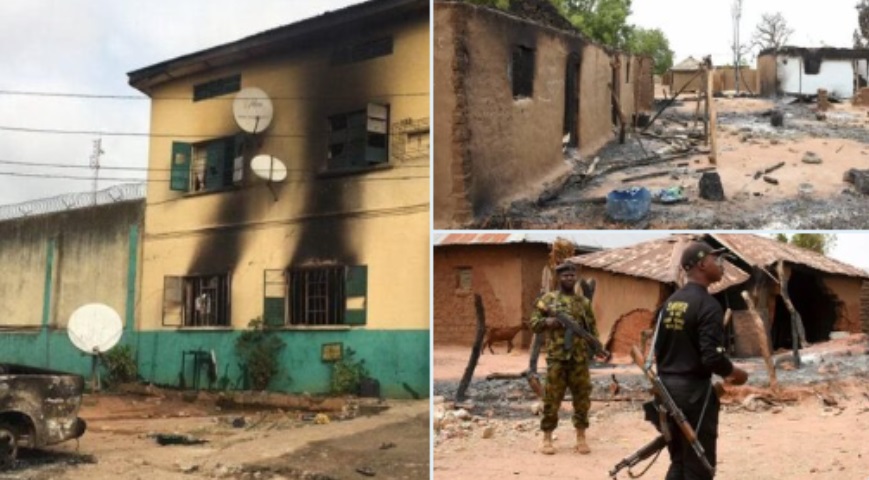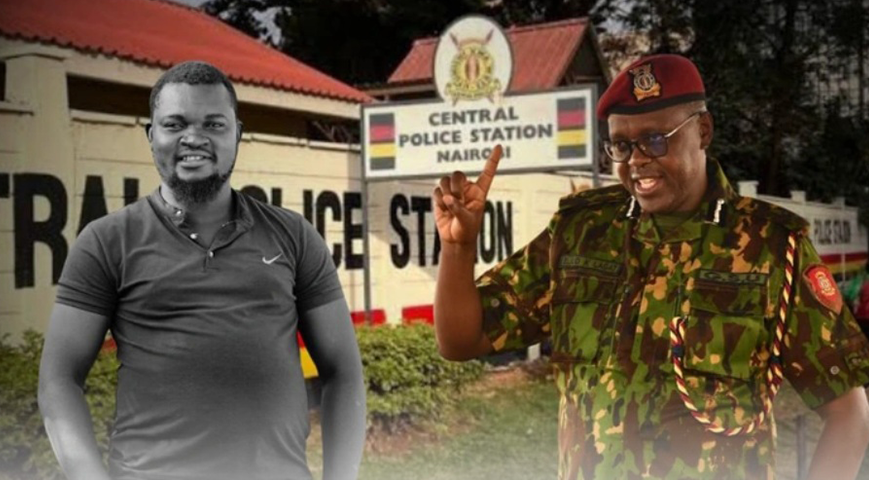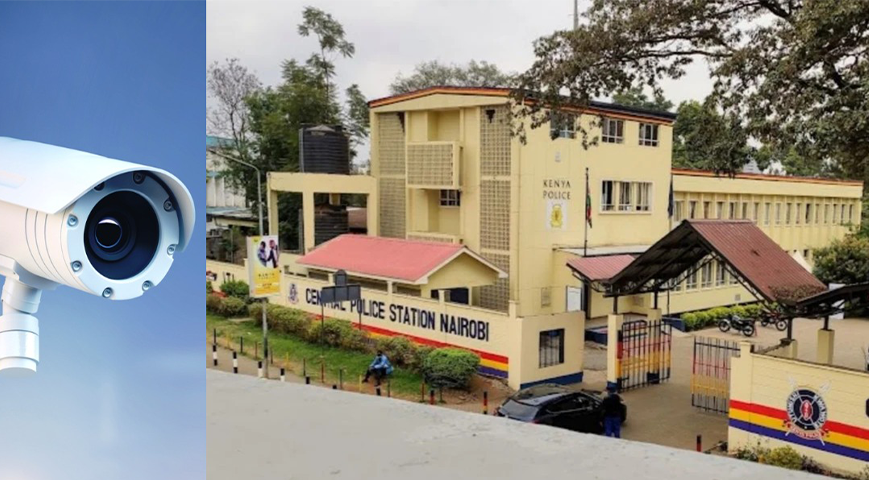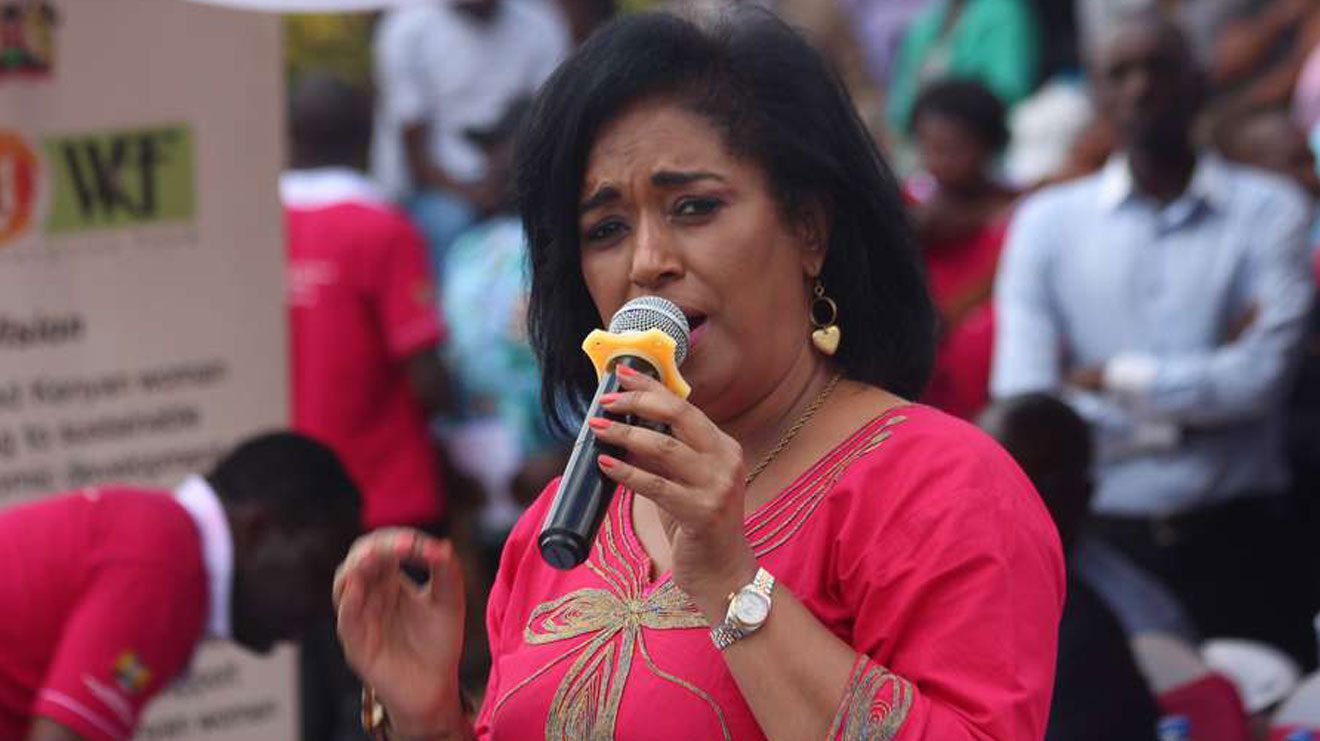The frequency of massacres in Nigeria continues to rise, leaving many Nigerians in a state of fear and disbelief. Recently, at least 140 lives were lost during the Christmas season in an attack attributed to a Muslim organization.
Concerns have been raised by Nigerian citizens who assert that, in the aftermath of such incidents, there is a noticeable lack of arrests by the police. This perceived lack of law enforcement action adds to the distress and frustration experienced by the affected communities.
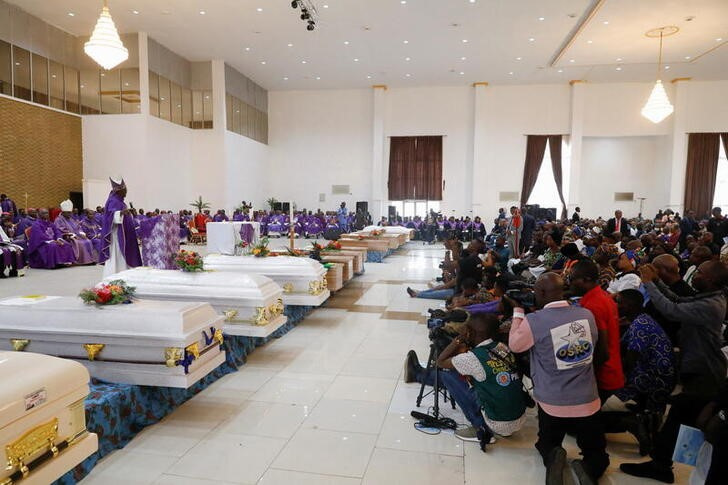
Did you read this?
The necessity for strong security measures, justice, and accountability to guarantee the safety and well-being of the Nigerian populace highlights how urgent it is to address this issue. In order to promote a more safe and stable environment in the nation, it is imperative that the underlying causes of these incidents be addressed and that law enforcement actions be strengthened.
"How come anytime there are massacres in Nigeria like this Plateau own, there are never arrests by the Nigerian Police or DSS," one person said though a X post.
"Even the one that the military bombed villagers in Kaduna last month, no arrests were done. Till today, even though the whole world knows the military accidentally did it. We’ve not heard what happened to the officers involved," the individual added.
Nigeria has been enduring tensions stemming from Christian-Muslim disputes, which have fueled an intricate socio-religious environment. The nation, home to a multicultural population representing a wide range of nationalities and religious beliefs, has occasionally seen violent conflicts between Muslim and Christian populations. These confrontations exacerbate pre-existing fault lines and are frequently the result of political issues, resource competitiveness, and historical grievances.
Tensions have increased significantly as a result of the Islamic militant group Boko Haram's insurgency. The organization, which has its roots in Islamic radicalism, has attacked both moderate Muslims and Christians, causing widespread anxiety and uprooting. Governmental interventions, peacebuilding projects, and interfaith discussion initiatives are some of the strategies used to address these problems. But the underlying problems still exist, necessitating a comprehensive strategy to promote tolerance, understanding, and peaceful coexistence among Nigeria's various religious communities. For the sake of social harmony, sustainable growth, and national stability, these problems must be resolved.

